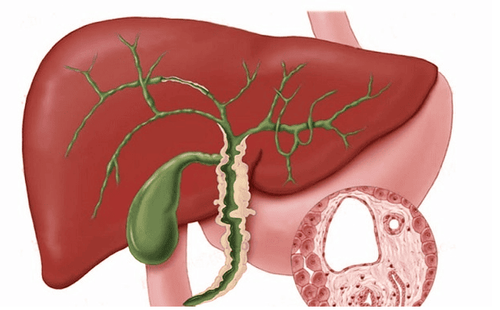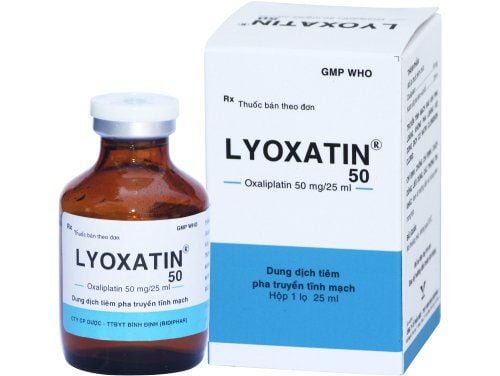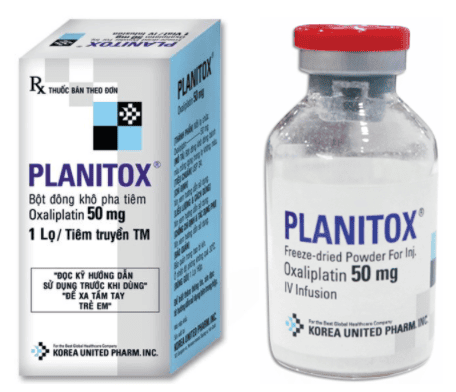This is an automatically translated article.
Posted by Master, Doctor Mai Vien Phuong - Head of Department of Gastrointestinal Endoscopy - Department of Medical Examination & Internal Medicine - Vinmec Central Park International General Hospital
The FDA has rapidly approved infigratinib (Truseltiq, QED Therapeutics) for the treatment of adults with locally advanced or metastatic cholangiocarcinoma who have been previously treated with primary growth factor fusion. fibroblasts 2 (FGFR2) or other rearrangements.
FDA has also approved FoundationOne CDx (Foundation Medicine) as a companion diagnostic test to select patients treated with infigratinib. Milind Javle, MD, a professor of gastrointestinal cancer at The University of Texas MD Anderson Cancer Center, in Houston and principal investigator of the consent-based trial. In the study, infigratinib showed promise as a targeted treatment option for patients with FGFR2 fusion-induced cholangiocarcinoma, with a well-tolerated safety profile consistent with previous observations in this patient population. this. Dr Javle, who presented the trial data, added at the 2021 Virtual Gastrointestinal Cancer Symposium.
1. What does the research show?
In the multicenter, open-label, single-arm, phase 2 study called CBGJ398X2204 (ClinicalTrials.gov Identifier: NCT02150967) —108 patients had undergone at least one treatment for advanced cholangiocarcinoma received 125mg of infigratinib daily for 21 days 28 cycle-days until unacceptable toxicity or disease progression. Of these patients, 107 (99%) had stage IV cholangiocarcinoma. All patients received oral phosphate binder sevelamer prophylaxis. The primary efficacy outcome measures were the overall response rate (ORR) and response time (DOR), as determined by an independent center assessment blinded by RECIST (Intra-Blockage Response Assessment Criteria). solid u) version 1.1.
The primary endpoint of the study demonstrating confirmed ORR was 23% (95% CI, 16% -32%), with one complete and 24 partial responses. The study also showed that the mean DOR was 5.0 months (95% CI, 3.7-9.3 months). Of the 23 respondents, eight patients maintained response for six months or more.

FDA chấp thuận thuốc Truseltiq cho một số bệnh nhân ung thư đường mật tiến triển
2. Adverse effects
The most common adverse events (incidence ≥20%) were hyperphosphatemia, increased creatinine, nail toxicity, stomatitis, dry eyes, fatigue, alopecia, sensory disturbance syndrome hand-vegetation, joint pain, digestive disorders, constipation, abdominal pain, dry mouth, eyelash changes, diarrhea, dry skin, decreased appetite, blurred vision and vomiting.
Serious risks associated with infigratinib include hyperphosphataemia and retinal pigment epithelium shedding. Monitoring for these side effects during treatment is recommended.
References:
Based on press releases from FDA and QED Therapeutics (BridgeBio Pharma) and gastroendonews.com














